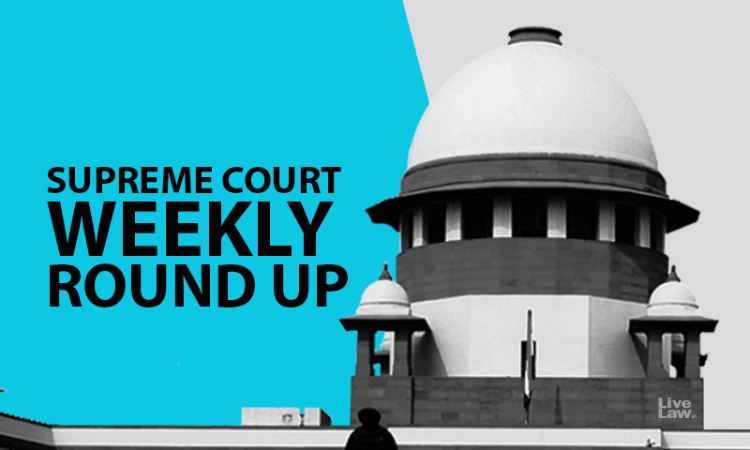Next Story
2 May 2021 7:42 PM IST
JUDGMENTS THIS WEEK1. Deduction Under Section 80-IA Income Tax Act Not Restricted To 'Business Income' Only: Supreme CourtCase: Commissioner of Income Tax-I Vs. Reliance Energy Ltd. [CA 1327 of 2021] Citation: LL 2021 SC 235The bench comprising Justices L. Nageswara Rao and Vineet Saran held that the scope of sub-section (5) of Section 80- IA of the Act is limited to determination of quantum...

